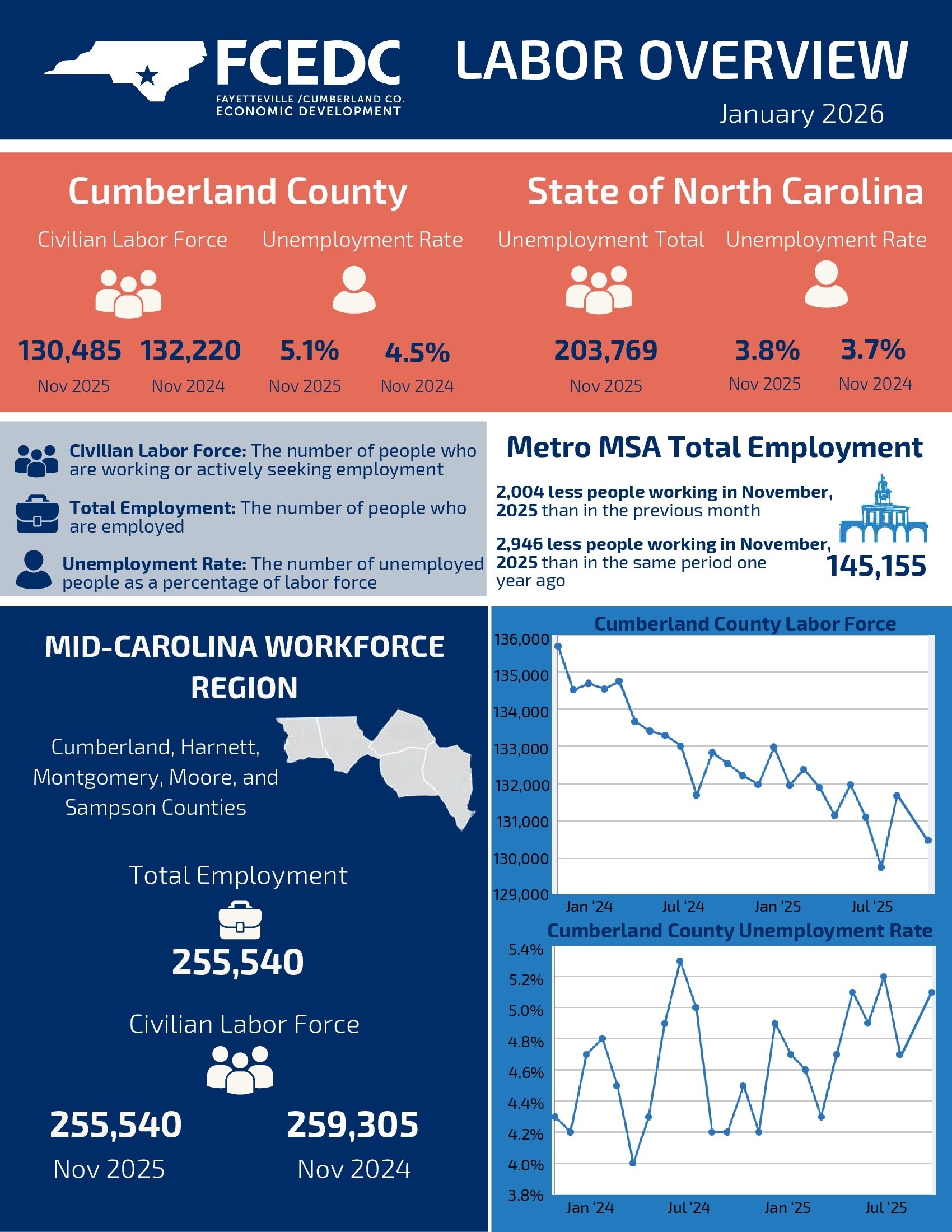
As technology continues to advance, artificial intelligence remains one of society’s most useful tools from practical applications such as E-payments, digital assistants, and chatbots to more complex systems utilized by corporations and even our nation's military.
The Greater Fayetteville Business Journal recently spoke with Dr. Sambit Bhattacharya, Professor of Computer Science and Director of the Intelligent Systems Lab at Fayetteville State University, about the growing presence of AI and its relevance to our daily lives and careers.
One of key drivers of such quick AI development is the tremendous international competition between countries to be the leader in AI use, according to Dr. Bhattacharya. AI tech is now increasingly tied to national security. “...this is an AI arms race, within the industry and within nations,” commented Dr. Bhattacharya.
Bhattacharya also shared that there is a huge need in the Department of Defense for training in AI and data literacy. With Fort Bragg in our community, this intersection of AI and military operations hits close to home. “In Fort Bragg, I know the 18th Airborne is very interested in AI,” shared Bhattacharya.
One of the most popular AI models that many people are becoming acquainted with is ChatGPT.
While the current version of ChatGPT is a text based language, something to keep an eye on is the emergence of multimodal AI. GPT-4 is an updated version of the tech with multimodal capabilities which means it can learn through not only text but also other mediums such as images and sounds. GPT-4 is currently only available to ChatGPT Plus paid subscribers.
“The technology, fundamentally, is a statistical word generating technology. It’s nothing more than that. It’s super powerful, yes. It seems human-like, it seems very intelligent, yes, indeed, but what it’s really doing is it’s generating the next plausible word given a sequence of words… [and] it is doing so well because it’s literally read billions and billions of web pages…” explained Bhattacharya.
However, no matter how advanced these systems are, Bhattacharya asserts that they are not without flaws. “...ChatGPT and any advanced version of it will fail at some point,” remarked Bhattacharya.
What does that mean for users of the tech? Bhattacharya states that there are two things to keep in mind when interacting with AI:
1) Apply critical thinking
2) Understand how you can build on it
“If you know what to do, you are using the machine to accelerate your work. That is the thing that we need to teach students. So I think the future is going to be like, whoever understands how to interact with the AI will do their work much more efficiently in a much more smart way than the other person who does not know or does not want to interact with AI,” concluded Bhattacharya.
Ultimately, the incorporation of AI into tasks ranging from mundane to advanced is inevitable. It’s our responsibility to do our best to use this technology as a tool to enhance our skills and goals rather than to bypass our duties.

Owners Dana and Tracy Horne planted their vineyard in 2009. In 2019, they introduced their u-pick vineyard, and visitors loved the addition. They’ve also added a 4,608 sq ft. venue available to rent for events. Photo by Emily Grace Photography.Twiste

Mayor Elmore saw the necessity for this land acquisition when he first took office six years ago. The land owner recently came around to negotiations on the condition the sale was for all of his parcels. This is more land than the City of Dunn curren

While the weather outside is cold, the local job market is hot. Fayetteville employers continue to bring on additional talent across a variety of industries.Quality employment opportunities are available at companies across Fayetteville and Cumberlan